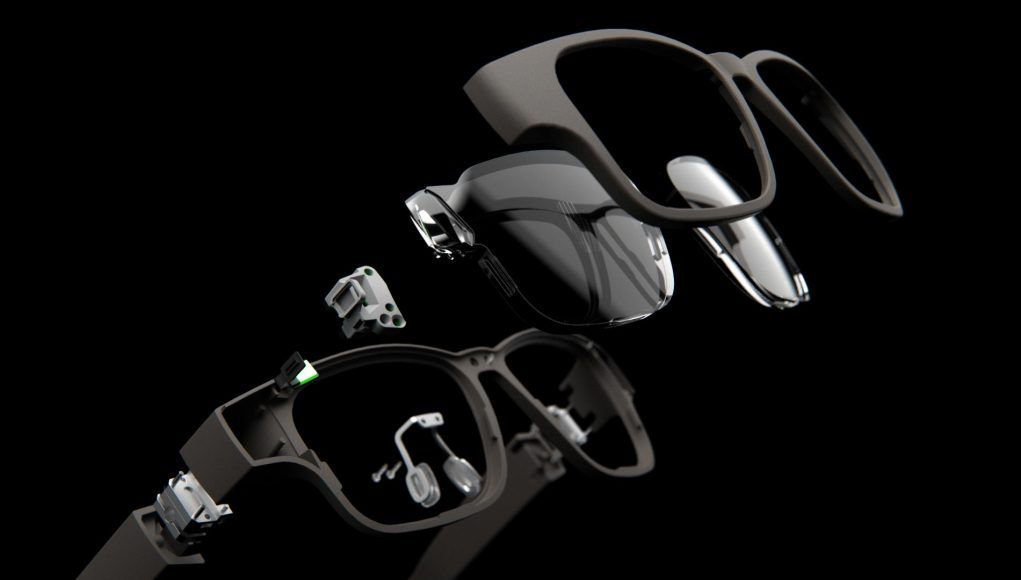ZEISS, the German optical systems manufacturer, announced it’s acquired majority share of the joint venture Tooz Technologies, an AR/VR optics creator founded by Zeiss and Deutsche Telekom in 2018.
Zeiss and Deutsche Telekom previously had an even 50% stake in Tooz, which has functioned as a sort of AR optics skunkworks for the companies. Zeiss is now sole owner of the startup.
Zeiss says Tooz will continue to exist independently as it focuses on serial production and visual correction in its imaging systems, further calling Tooz its “AR/VR competence center.”

Today, Tooz principally creates smart lenses that integrate curved, reflective waveguides and “invisible” combiners that can also be sandwiched into a vision correction layer.
“In the future, tooz will also equip optical systems from other manufacturers of AR/VR optics with prescription lenses to place products with an integrated prescription on the global markets,” the company say in a press statement.
“tooz covers specific competencies and technologies for design, engineering and manufacturing processes, which complement the existing capabilities at ZEISS quite well,” says Gerrit Schulte, Head of Zeiss Ventures. “tooz will benefit in particular from production and process know-how and the significant experience in the approval of medical optics, and is slated to be better positioned on the international market in the future.”
While Zeiss isn’t a household name is VR or AR headsets, the Oberkochen, Germany-based company has produced a number of head-mounted devices in the past, including its Zeiss VR One Plus created in the vein of Samsung Gear VR and Carl Zeiss Cinemizer multimedia glasses. Zeiss also creates aftermarket VR prescription lenses, sold through VR Optician.







